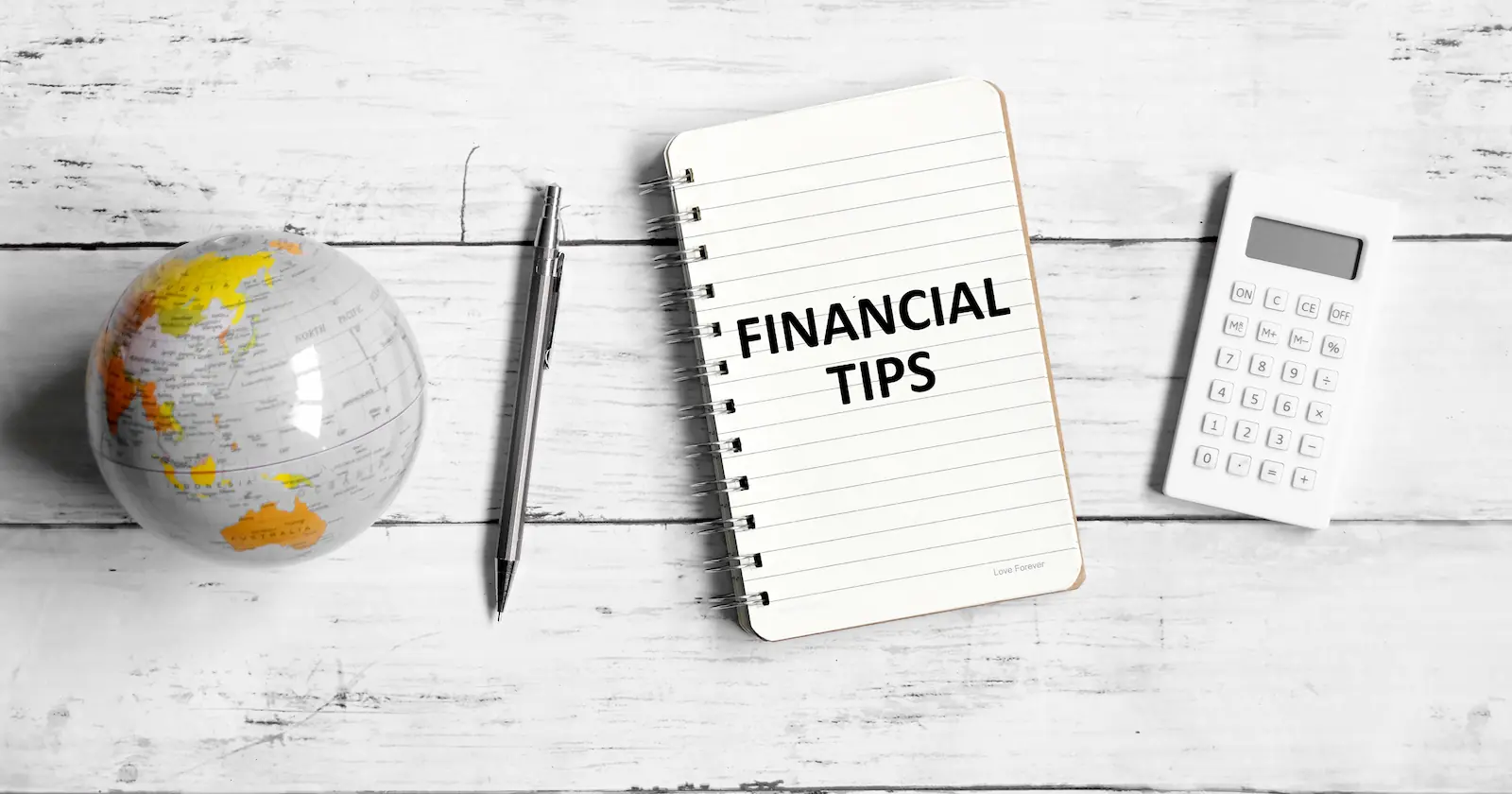When you reach the age of 35, almost settled or well-settled with a family, that is when you really understand the importance of financial discipline and planning. If you were careless with your finances, of course you will regret your decisions when you reach age 35.
If you are yet to reach that milestone age, this is the perfect time to begin. Here are 8 financial tips that you should definitely read, understand and follow before you reach the age of 35.
Stay Away from the Lure of Quick Profits
Quick and higher profits is what traps most new and inexperienced investors. As Warren Buffet, one of the most successful investors in the world suggests, you should always invest in things you know about. If you don’t know what you are doing, you are probably gambling with your money. Saying a quick ‘No’ to quick profits, is what he advises young people.
To accumulate long-lasting wealth you must have a long-term investment horizon. You can invest in an annuity policy for a steady source of income after retirement.
The Right Approach
You must have the right perception about investing for sound financial planning. Usually, people in their 30s spend their money first and then invest what is left. According to Robert Kiyosaki, author of the book “Rich Dad, Poor Dad,” that’s a wrong approach to getting rich. You must first invest your money then spend what is left.
Before you reach your 35th birthday, start investing in an annuity plan and secure your future with Future Generali Immediate Annuity Plan, an annuity policy and create a savings corpus for your retirement.
Cut down on impulsive buying – You go to the mall to buy a pair of jeans and end up with a wardrobe overhaul. Or you go for your monthly groceries and start splurging on cosmetics, gadgets and exotic food. The shopping malls are designed to encourage impulsive buying but you have to inculcate discipline and stick to your shopping list, especially when you are using your credit card.
Limit credit card use – It is tempting to swipe your credit card and buy everything you like and convert them to easy EMIs. Undoubtedly, credit cards give us great purchasing power. However, with great power comes greater responsibility. If you are not careful and engage in impulsive purchases, you end up in a debt hole that can be hard to get out. So, be careful not to misuse your credit card with impulsive buying.
Invest for the long term – Don’t invest to gain little profits in the short-term but stay invested for the long-term to derive bigger profits. Invest in an asset class that provides steady returns but are not subject to much volatility such as public provident fund (PPF), equity linked saving scheme (ELSS), real estate, annuity plans, etc.
Create a monthly budget – Create a monthly budget depending on your average monthly expenses and try your best to stick to it. But first you have to start tracking your daily expenses to understand how much you are spending every month. Make investment goals and milestones and start saving for a car, marriage, home, etc., by investing in a unit-linked insurance plan (ULIP). Before your 35th birthday start an annuity plan such as the Future Generali Immediate Annuity Plan so that you have a substantial amount of funds to take care of your retirement.
Ensure that you are adequately insured – Thirties are the time to take stock of your life insurance and health insurance coverage – for your protection and your family’s. You must at least have a term insurance, a ULIP, whole life insurance policy and annuity plan. Don’t forget to buy health insurance or a family floater for all your dependents.
Prioritise debt repayment – You may have taken an education loan for higher studies or a personal loan for travel, now is the time to pay them off as fast as possible. After you have paid off your previous loans, you can plan for a home loan to fulfil your dream of owning a home. Also, make timely repayments so that your credit score remains healthy.
According to a much-hyped theory introduced by a financial website in the U.S., one should save two times their annual salary before attaining the age of 35 years.1If you think that you will be earning Rs. 12 lakhs per annum by the age of 35, you should have at least Rs. 24 lakhs in your account by then. Indian financial experts believe that it is achievable if you are disciplined in your investments, start early and maintain a long-term investment horizon.
Disclaimer:
For more details on the risk factors and the terms and conditions please read the sales brochure and/ or sample policy document on our website carefully, and/ or consult your advisor before concluding the sale.



Comments